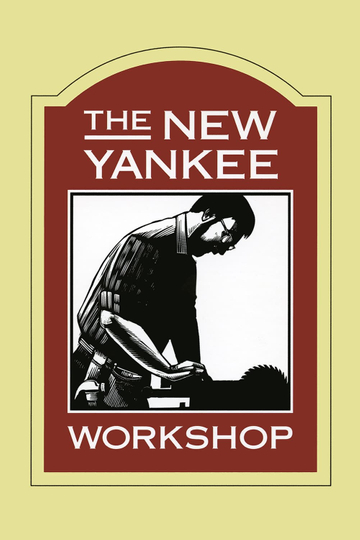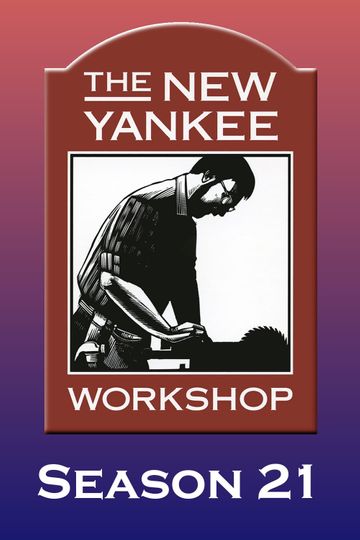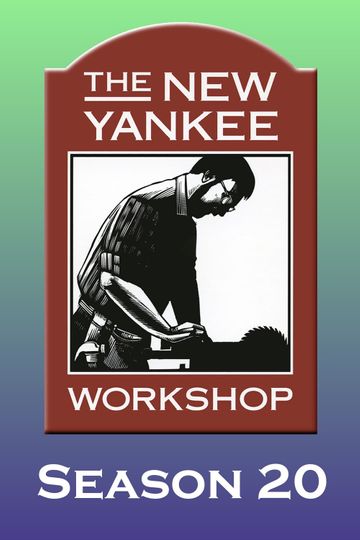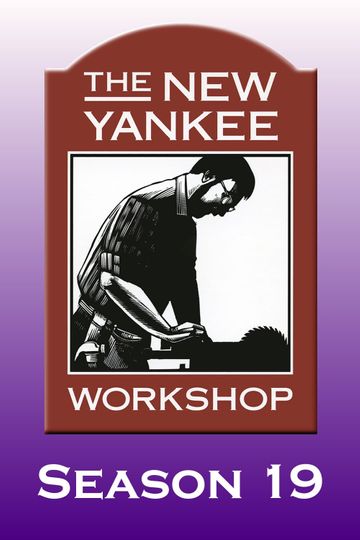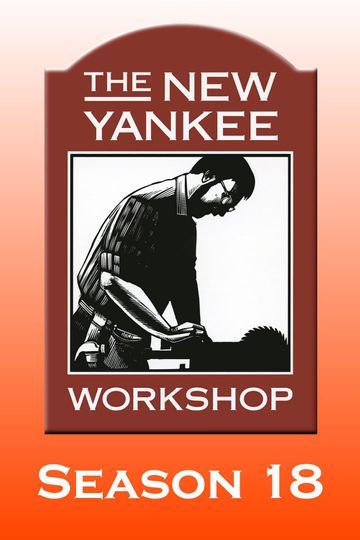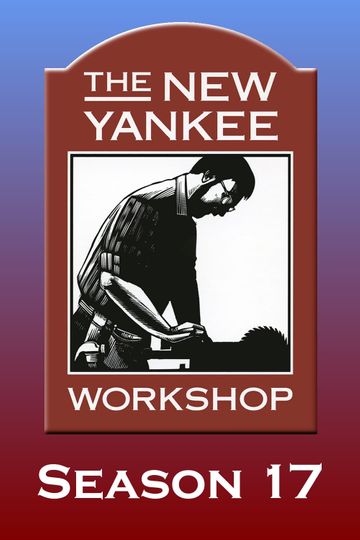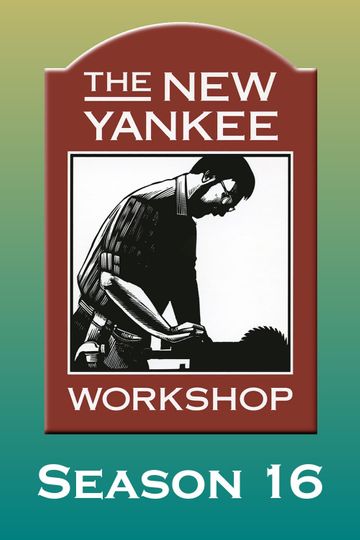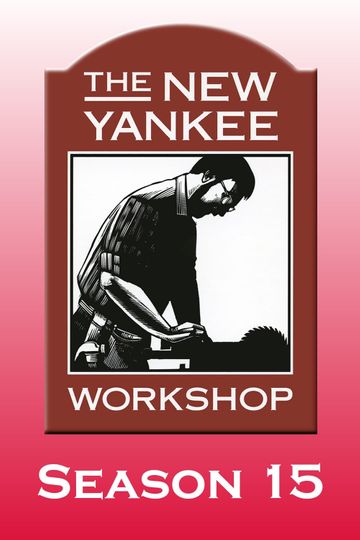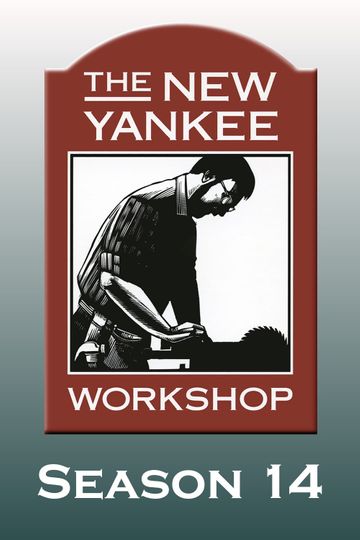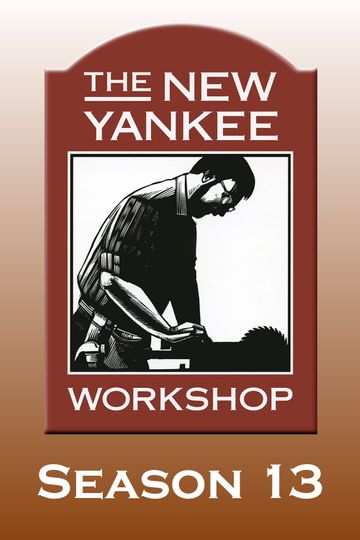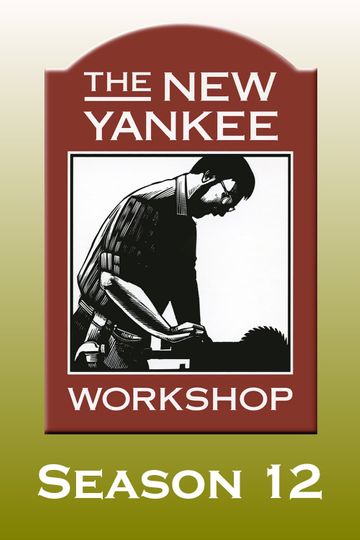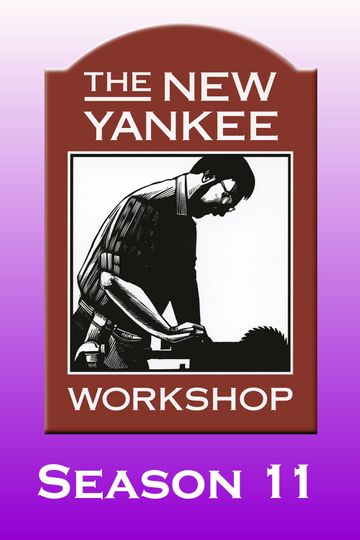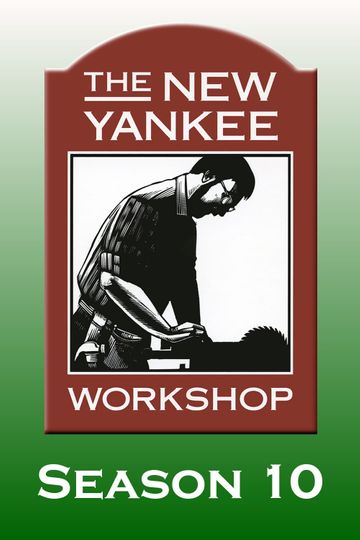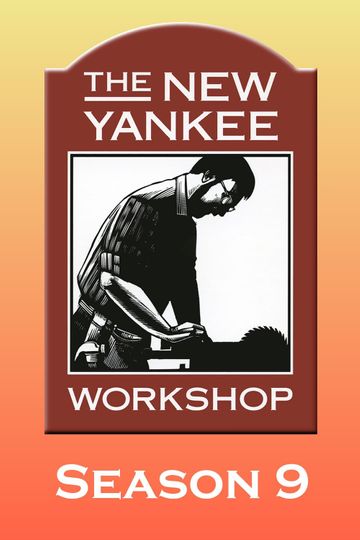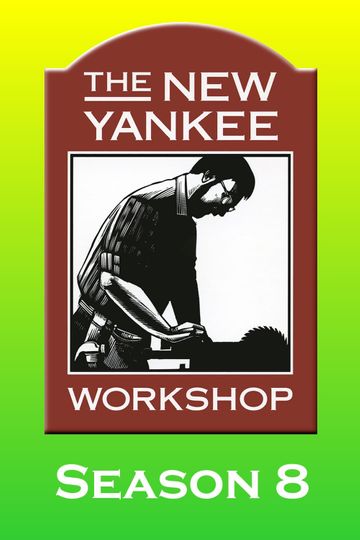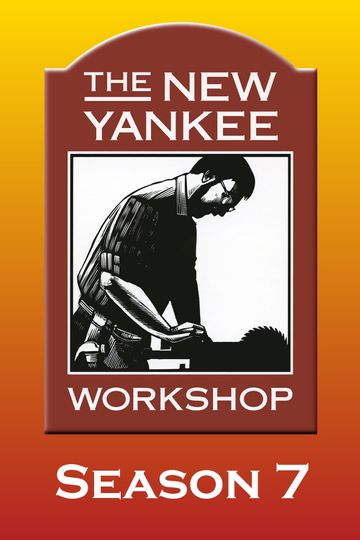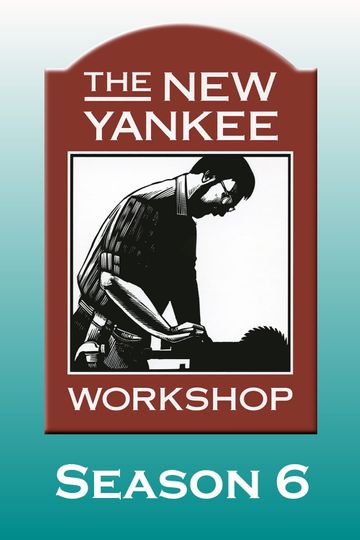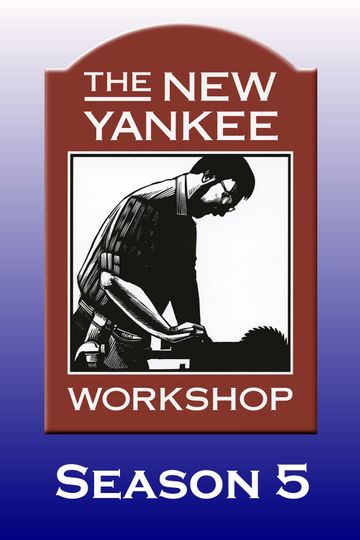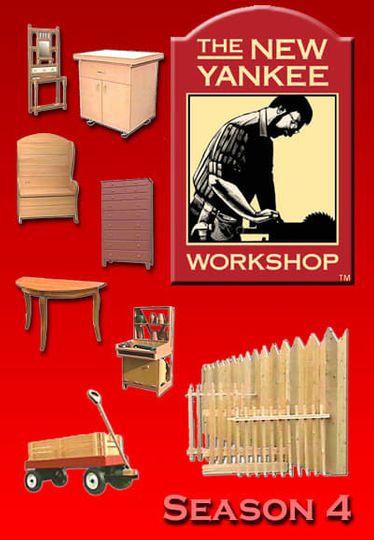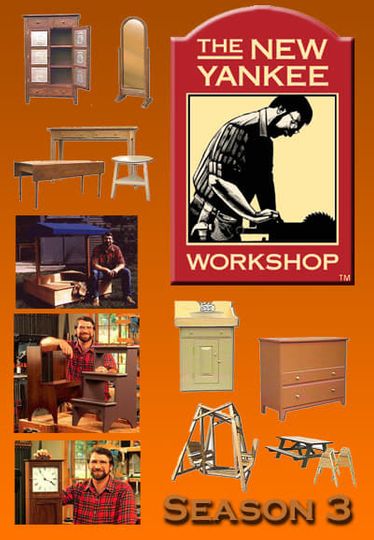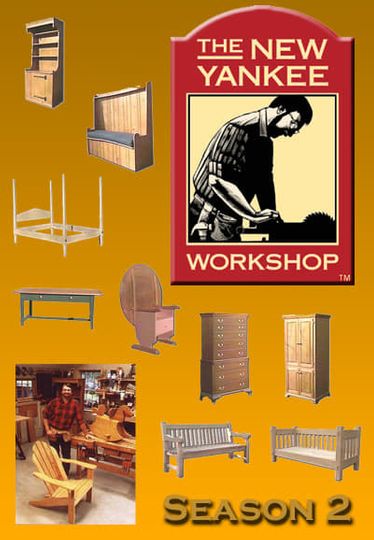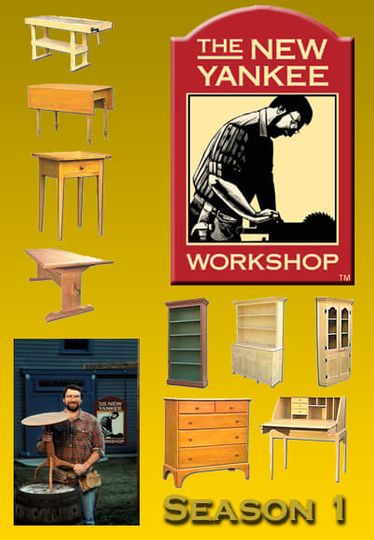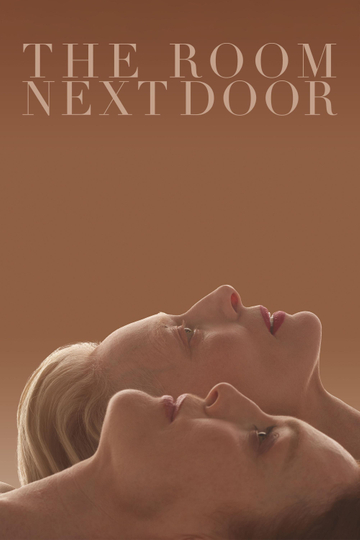Season 18 Plot
Norm builds a colonial-style mantel, plantation shutters, a poker table and wall-hung console out of mahogany, a walnut shop clock, a white oak corner table, a Greek revival bookcase, a storage shed, a cherry corner chair, and wall paneling. For "shop tools and techniques", he spends two episodes demonstrating use of the router and he builds a roller stand, a stock cart, and a mobile tool stand.
The New Yankee Workshop Season 18 aired on January 7th, 2006.
Season 18 Episodes
1. Colonial Style Mantel
After tackling more pressing projects, Norm is finally getting around to building a mantelpiece for the master bedroom in his home. Though his home is filled with the beautiful furniture he has made over the years at the New Yankee Workshop, somehow he never took the time to complete the most defining architectural element in his bedroom - the fireplace mantel. Now, instead of waking up to an unfinished brick and plaster wall, he looks at a beautiful Colonial mantelpiece that frames the master bedroom's fireplace. The project involves using the router table to produce the frames to receive the m.d.o. plywood panels and make a moulding, some precise work with the mitre saw, and installation of the completed mantelpiece. As always, Norm makes this project seem within reach of most average woodworkers.
2. Plantation Shutters
If you've priced plantation shutters lately, you know how expensive they can be, costing several hundred dollars per opening. Not surprisingly, Yankee ingenuity and thrift get the better of Norm and he creates some stunning shutters in the workshop. As his admirers have come to expect, he first builds a collection of jigs, which are necessary to drill holes, set staples, and mortise hinges. Then he shapes the individual bass wood slats, mounts them on a control rod, and positions the whole assembly into a frame of poplar that then gets spray-painted. You'll be impressed at how well these interior shutters look and operate when he installs them in a room he's been working on for some time.
3. Workshop Helpers
Everybody knows Norm likes to work alone. Although he does get some help finishing the projects, Norm does the wood working all by himself. Sometimes that's not easy, so Norm finally decided to enlist the help of some workers who never show up for work late, never get tired, and are willing to work until the job is done. Meet them. Roller Stand: a sturdy, height adjustable, rugged stand for use as an out feed appliance for the table saw, the band saw, or the drill press. It even comes to work ready with its own homemade, self-storing crank. Stock Cart: a lightweight, very strong, wheeled wagon that comes with five shelves to organize the parts needed to complete a project and travels from machine to machine, carrying the parts as needed. Mobile Tool Stand: a shop-built table to support bench top tools like planers, small saws, and jointers that, when combined with a mobile base, can add versatility and convenience to any shop.
4. Poker Table
Poker is the game to be playing right now and Norm has a special project in mind for its legions of fans when he sets out to find and build the ideal table. To find out what the locals are using, Norm interrupts a neighborhood poker game for a look at their table and comes away unimpressed. Although the one he finds supports eight players, their chips, their drinks, and the cards, it is profoundly ugly and shaky. Norm decides to build an improved version. Norm creates his eight-sided table of mahogany and mahogany veneer plywood and places it on a sturdy pedestal. Rethinking the traditional felt covering typically used on these tables, Norm chooses a state-of-the-art synthetic fabric that offers a much-improved covering. He even finds brass cup holders, which are recessed into the top for holding beverages. The finished table is a winner.
5. New Yankee Shop Clock
Over the years, Norm has created several clocks for The New Yankee Workshop, most notably the tall case oak clock with an imported eight day movement (Item #0405) he built a couple of years ago. Now his interest turns to a shorter cased clock with a key wind spring movement that is housed in a walnut case. But the big difference is the painted glass panel that adorns the clock face and the clockworks below. Norm asks his project partner, the Klockit Company of Lake Geneva, Wisconsin, to come up with a facsimile of the famous New Yankee logo, which will be painted on the glass and through which the clock pendulum can be seen. The results are stunning and just the finishing touch for a workshop or any room in the house. Everybody who has seen it wants one.
6. Router 101 (1)
A continuation of a series of tool-specific episodes that provide instruction and techniques for using a particular shop tool, this time, the router. This is part 1 of 2.
7. Router 101 (2)
A continuation of a series of tool-specific episodes that provide instruction and techniques for using a particular shop tool, this time, the router. This is part 2 of 2.
8. Corner Table
This project involves some considerable effort. At the suggestion of a friend who, with his colleagues, is trying to restore a historic river, Norm agrees to paddle a canoe over some rapids in search of some unusual white oak that's been submerged there for nearly 150 years. The oak Norm wants was used as a dam on Virginia's mighty Rappahannock River. Today it sits as a pile of salvage on the river's edge just hoping a woodworker floats by to rescue some of it for furniture projects. Norm engages Bill Jewell, a local sawyer of historical trees, to prepare this timber for the purpose of making a drop-leaved corner table, which Norm finds at nearby Kenmore House, a noted Fredericksburg mansion that was once owned by George Washington's sister. After Norm gets the wood to his shop, he spends considerable effort turning it into suitable pieces to make a copy of the original table - including the challenging turned legs that add so much style to this particular piece.
9. Greek Revival Bookcase
While prowling a designer show house, Norm discovers a handsome collection of bookcases built in the Greek Revival tradition. Although they are made of plywood, every detail gives the appearance of solid tablets of white stone. The shelves resemble slabs of marble and the cornice on the tall case might have been carved from stone in the manner of a Greek temple. Glass doors enclose the lower bookcase element and swing on concealed European hinges. No mere bookcases here; they are worthy of your finest volumes and your most valued treasures.
10. Storage Shed
Taking his cue from a pool house he finds on Nantucket, Norm creates a relatively simple, multipurpose structure so coveted by today's homeowners. It could be a garden shed, a place to store the outdoor furniture for the winter, a pool house, or a home for the family bicycles and yard machines. This 96-square foot building is the perfect size for many backyards and "features" low-maintenance materials that are expected to hold paint and resist weather. Best of all, it is attractive to look at and relatively easy to build.
11. Wall Hung Console
We first found this item in a decorator show house and were impressed with its functionality and beauty. No more than a shelf really, it is fastened to the wall with massive decorative brackets. It is a perfect solution for displaying vases, candles, lamps, and other objects in a narrow space. Norm builds his out of mahogany.
12. Corner Chair
Corner chairs go way back in the history of furniture. Some say their early popularity had to do with the convenience of those wearing swords who could sit on such a chair comfortably. During a visit to Historic New England, a preservation society, Norm is shown a number of variations on this classic form. Norm decides to build his chair out of cherry.
13. Wall Paneling
In this program, Norm demonstrates how easy it can be to panel a wall. Norm begins by showing some wonderful examples of wall paneling techniques in a home restored several years ago by This Old House. At one end of the spectrum, Norm shows how simple moulding applied to a plain wall can create a paneled effect. Then, he moves back to the Workshop to show classic bead board paneling, raised panel systems and, finally, elegant mahogany paneling using veneer hardwood plywood and solid custom mouldings and trim.










